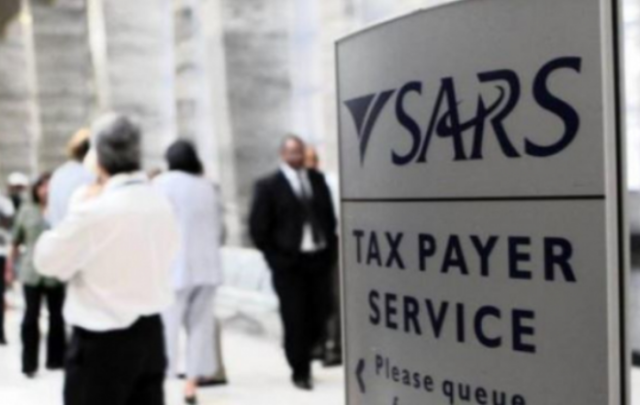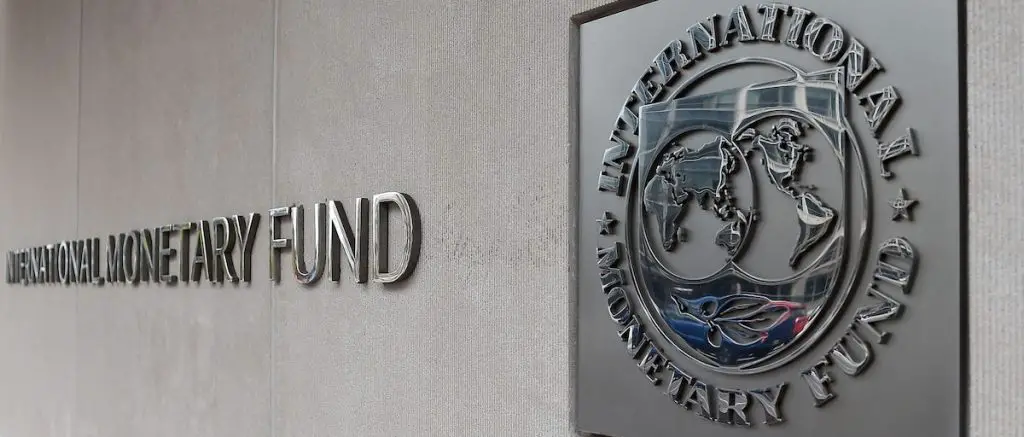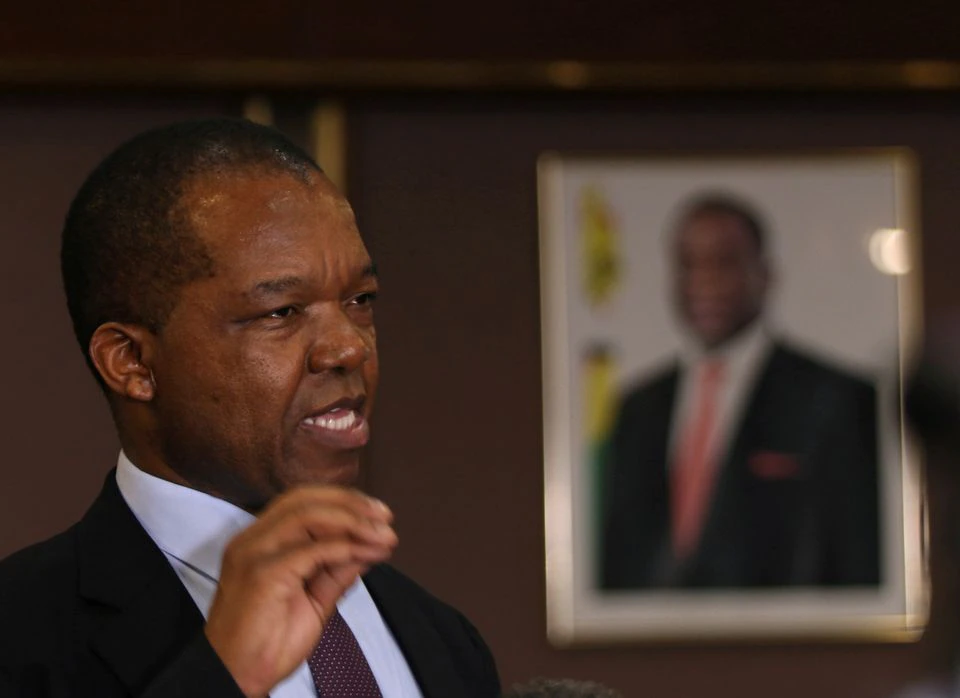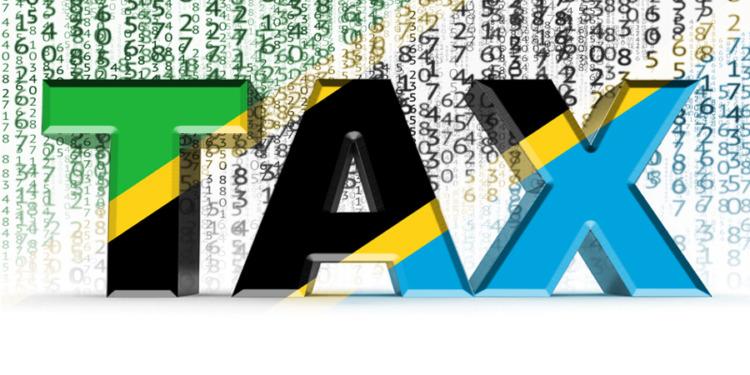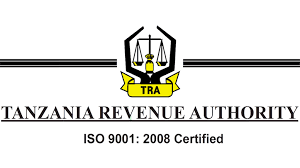- Abu Dhabi radiates optimism as over 300 startups join AIM Congress 2024
- TLcom Capital Raises $154 million in Funding to Boost Its African Growth
- Africa’s $824Bn debt, resource-backed opaque loans slowing growth — AfDB
- LB Investment brings $1.2 trillion portfolio display to AIM Congress spotlight
- AmCham Summit kicks off, setting course for robust future of US-East Africa trade ties
- Why the UN is raising the red flag on the UK-Rwanda asylum treaty
- Portugal’s Galp Energia projects 10 billion barrels in Namibia’s new oil find
- Wärtsilä Energy offers tips on how Africa can navigate energy transition and grid reliability
Browsing: Tax
Delivering the Medium-Term Budget Policy Statement (MTBPS), the Minister increased the revenue collection estimate that SARS must collect to R1.682 trillion from R1.598 trillion.
SARS is central to tax revenue collections in the country and allows for adequate fiscal space to attend to social and investment spending priorities while keeping an eye on debt service costs. It provides about 90 per cent of all government revenue, which makes this increase in the revenue to be collected by SARS very significant.
The South African Revenue Service (SARS) has welcomed Finance Minister Enoch Godongwa’s emphasis on ensuring that government finances are spent in an equitable, efficient and flexible manner to support South Africa’s development objectives.…
In terms of foreign exchange reserves, according to HM Treasury, Britain has net official reserves of US$ 114 billion whereas it plans to embark on an economic plan to pull itself out of the stagflation quagmire by spending no less than US$ 173 billion dollars. If Britain were to use all its foreign exchange reserves to meet the cost of its economic plan it would run short of money and still have a deficit of US$ 59 billion dollars before fully implementing its plan.
Fair enough and granted, governments do not always have to spend cash that they have on hand. They can always borrow if they do not have sufficient cash to finance their operations.
Herein is the problem, the current economic environment does not support borrowing either by individuals, households, or governments. The cost of borrowing is just simply too high either by domestic debt or foreign debt. …
The president announced in a May 7 televised speech that banks had been banned from lending in a bid to stem the precipitous decline of the local currency inter alia increasing capital holding tax, banning third party transactions on the local bourse, and increasing Intermediated Money Transfer Tax (IMTT).
The move came as the local currency had been depreciated against the United States dollar. This is amid high demand for the greenback which is seen as a store of value.
An executive at an agro-processing firm, name with-held, told NewZimbabwe that his company can’t borrow what it needs to pay 500 farmers for the soy and sugar beans. It contracted them to grow, or fund the purchase of inputs such as fertilizer for the next season’s crop.…
As a low-middle-income country, Tanzania is fairly doing its best in financing its development efforts by utilising its internal funding strategies, and tax is a part of that.
In the past five years, under the leadership of the late President John Magufuli, Tanzania broke its revenue collection record and managed to self-finance nearly 40 per cent of dividends collected from companies it holds a stake in.
Earlier last year, Tanzania Revenue Authority (TRA) hit a record collection of 100.02 per cent of its total revenue in December 2019, of which it exceeded its monthly target, which was more than $860 million.
Read: Tanzania considers tax breaks to cushion economy
“This is the highest score for a particular month since an establishment of TRA” the former TRA Commissioner General, Dr Edwin Mhede noted.
According to the former taxman, this magnificent record-breaking achievement was a fruit of hard labour put on enforcement …
However, long-term trends, assessed in decades rather than years, demonstrate that African countries are becoming increasingly appealing as investment locations. All of this is taking place in the world’s last demographic dividend region: Sub-Saharan Africa will soon be the only place on the planet with birth rates at or above replacement level. Telecommunications platforms, agribusiness, and energy are all emerging as new value chains.
However, the shift away from extractive sectors isn’t solely due to improved investment climates in Sub-Saharan Africa – extractives, for example, account for a lesser portion of total investment, but the rate fluctuates in reaction to oil prices. Other countries in the Global South have advanced, resulting in increased labour costs and mature consumer markets, implying reduced long-term profits.…
The Tanzanian government has been losing about Tshs.4 billion ($1.7 million) per month in uncollected taxes on locally produced cigarettes and alcoholic beverages before Electronic Tax Stamps (ETS) started being used in January 2019.
The Tanzania Revenue Authority (TRA) Commissioner General, Charles Kichere told reporters on April 16th that in March 2019, TRA collected Tshs.42.8 billion ($18.6 million) on the on cigarettes and alcoholic beverages which is an addition of Tshs.3.5 billion ($1.5 million) compared to Tshs.39.3 billion ($17 million) collected the same month last year.
The Commissioner General said the lost revenue is estimated to be higher than that because some producers are yet to enter ETS due to some reasons and the real amount of money that was being lost will be known once all manufacturers use the new tax system.
He said all local manufacturers as well as importers of cigarettes and alcoholic drinks have until …





